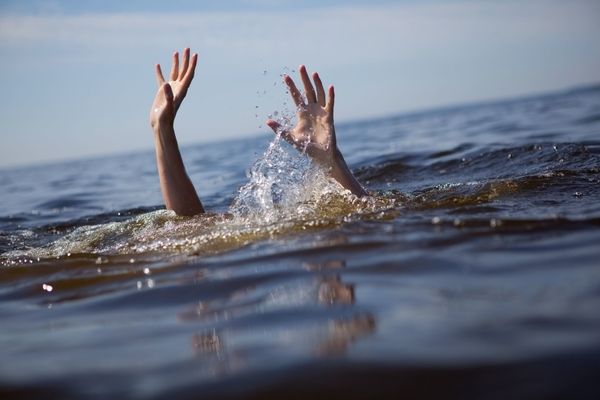There is not a consistent standard for health education in the United States. There are a lot of variables that go into this — what state a student lives in, whether they go to a public or private school, and the district's funding and priorities. These variables can be argued for any subject, not just health class. But as we continue to grow as a society, hopefully bettering our education system along the way, it's crucial to consider this often-forgotten element of a child's schooling.
Many health classes are one semester long (a year in some states, no requirement in other states), covering a variety of topics. Most of us think about sex ed when it comes to our high school health class, with too many curriculums matching that weird coach in "Mean Girls" and his technique toward abstinence.
Or maybe you had a health class like mine — who just so happened to skip sex education altogether. I'm serious, the chapter covering sexual health in our very old fashioned textbooks had our teacher (and our uncomfortable class of high school sophomores) running for the hills, not to be mentioned even once.
No matter how cringe-y you remember your high school health class as, many adults are on the same page that it simply wasn't enough. Even thorough curriculums are often too short, having to cut corners on topics that many of us need to learn about as functioning members of society.
One of these more niche — yet still very impactful — topics is reproductive issues, specifically for women. Things like endometriosis, polycystic ovarian syndrome, infertility, and what doctors are actually checking for when you go get a pap smear are all things that well-rounded young women should know about. There are too many women who are taken by surprise later in life, far after their limited health education is complete, who have no idea what it means when a doctor diagnoses them with a reproductive autoimmune disease.
When my doctor called me after a routine women's check-up with the diagnosis for PCOS, I had to Google what she was talking about. Was I dying? What did this mean? I had never heard the phrase polycystic ovarian syndrome, but I knew it didn't sound good.
Since that very confusing phone call, I've learned a lot about reproductive and hormonal issues that women face. I've asked an obnoxious amount of questions, trying to fill in the gaps of what I didn't know. Thankfully, I've met a lot of women who are more than willing to share their experiences, expertise, and advice with me. Each and every one of these women, all of different backgrounds, have agreed that there was so much additional learning they had to do about their reproductive system, thanks to the diagnosis they received. Sure, this is to be expected when a diagnosis is given, but for a disease that impacts 10% of women in the United States, you'd think we'd be able to know something about what our body was experiencing before we took to the internet.
That's really the foundation that we need from high school health classes — a basic understanding of things our body may experience, not just where babies come from. If having PCOS has taught me anything, it's that increased health education is a tangible way to positively impact lives. This extra knowledge gives people who experience certain conditions a headstart in what they need to know, and others the ability to be more considerate and aware. I love a good fun run or walk to raise awareness, but a few more lessons covered in school seems like the appropriate starting point for comprehensive health education, no matter what the topic may be.





















